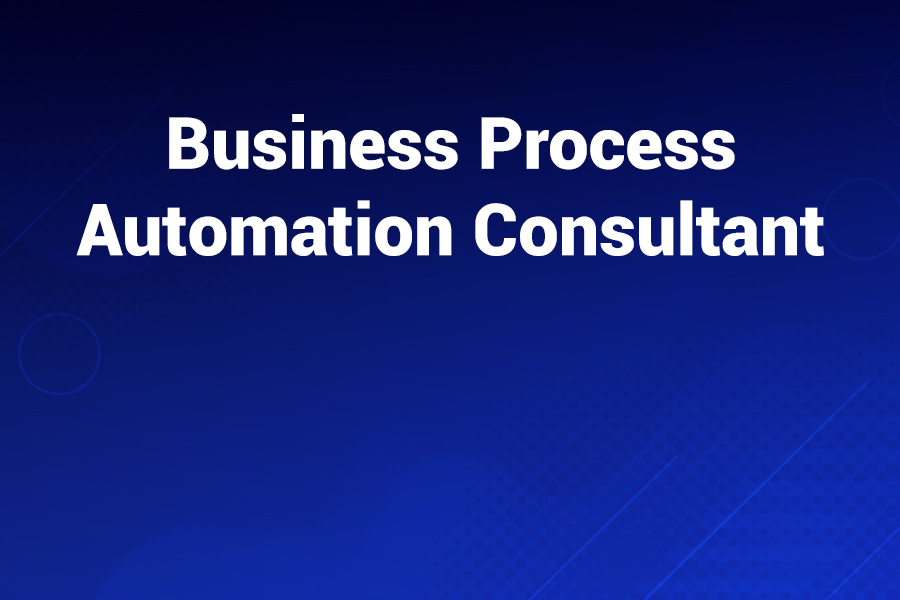- Home
- Services
- PedroVazPaulo Coaching
- PedroVazPaulo Marketing Consulting
- PedroVazPaulo Real Estate Investment Consulting
- PedroVazPaulo Operations Consulting
- PedroVazPaulo Entrepreneur Support
- Pedro Paulo Business Consultant
- PedroVazPaulo Executive Coaching
- PedroVazPaulo Business Consultant
- PedroVazPaulo Strategy Consulting
- PedroVazPaulo Wealth Investment Consulting
- Blog
- About
- Contact

As a business consultant, one of the most challenging yet important decisions you’ll face is setting your rates. Knowing how much you should charge as a business consultant is crucial to ensuring that your fees are competitive, sustainable, and reflective of the value you offer to clients. Pricing your services correctly can help you attract clients, establish your reputation, and grow your consulting practice.
Many consultants struggle with pricing, especially when they’re just starting or venturing into international markets. It’s essential to understand the factors that influence rates, such as industry, experience, market demand, and the scope of services offered. Doing proper market research can also give you insights into competitive pricing strategies and help you position your consulting services effectively.
How much should I charge as a business consultant?
The amount you should charge as a business consultant depends on factors like your experience, industry, the complexity of services, and market demand. Typically, consultants charge either an hourly rate or a project-based fee, with rates ranging from $100 to $500 per hour or more. If you’re just starting, it’s advisable to charge lower rates and gradually increase them as you build your portfolio and expertise. Always ensure your fee aligns with the value you provide to clients.
What Determines Your Rates as a Business Consultant?
Determining how much to charge as a business consultant involves evaluating several key factors that influence your pricing. Your level of experience plays a significant role; seasoned consultants with years of expertise, especially in specialized industries, can command higher rates. Additionally, the complexity of the services you provide impacts your fees. For example, strategic business consulting typically demands higher rates due to the expertise and planning involved, while operational or tactical consulting may be priced lower.
Your reputation and portfolio also affect your rates. As a new consultant, you should start with lower fees to attract clients and build a track record. Over time, as you gain experience and establish a strong client base, you can gradually raise your rates. Another important consideration is the geographical location of your clients. Consulting fees tend to vary depending on local market conditions, with consultants in high-demand areas like Los Angeles or New York charging premium rates.
By factoring in these elements, you can set rates that reflect both the value you offer and the competitive landscape, ensuring a profitable and sustainable consulting business.
Different Pricing Models for Business Consultants
When setting your fees as a business consultant, it’s essential to choose the right pricing model based on the scope of your work and the client’s needs. Here are the most common pricing structures used by consultants.
Hourly vs. Project-Based Rates
When deciding how much you should charge as a business consultant, one of the first considerations is the pricing model. Hourly rates are commonly used for short-term projects or advisory services. Consultants typically charge between $100 and $500 per hour, depending on their level of expertise and the complexity of the services offered. This model works well for clients who need specific advice or a quick turnaround.
On the other hand, project-based pricing is ideal for longer engagements with well-defined deliverables. With project-based fees, the entire cost of the consulting service is agreed upon upfront, providing clarity for both parties. This pricing model ensures that both the consultant and client have a clear understanding of expectations, timelines, and costs, making it easier to manage larger, more detailed projects.
Retainer and Value-Based Pricing
Some consultants opt for a retainer model, where clients pay a fixed monthly or quarterly fee for ongoing services. This pricing structure is ideal for consultants offering continuous support or long-term strategies, providing more financial stability.
Alternatively, value-based pricing ties the consultant’s fee to the value they deliver. For example, a consultant might charge a percentage of the revenue increase they help generate for the client. This model requires a clear understanding of the measurable outcomes and results that the consultant is helping to achieve.
How to Calculate Your Rates as a Business Consultant?
Setting your rates involves both external factors, like market demand, and internal factors, such as your financial goals. Here’s a simple method to calculate your consulting fees:
- Assess your desired annual income: Start by determining your desired annual income as a business consultant.
- Estimate your billable hours: Consider how many hours you plan to work each year and determine the number of billable hours you expect.
- Divide your annual income by billable hours: To calculate your hourly rate, divide your desired income by the number of hours you plan to bill. This gives you the base rate you need to meet your income goals.
- Adjust for complexity and market norms: Consider the complexity of the work, industry standards, and competitor pricing. You may need to adjust your rate based on these factors to remain competitive.
Additionally, use market research to gauge average rates within your niche or region. For example, business consultants charge between $150 and $300 per hour depending on expertise and location.
Examples of Hourly and Project-Based Rates
- Hourly Rate Example: A consultant with 5 years of experience in marketing strategy might charge $150 per hour for an online advertising optimization project.
- Project-Based Example: A business operations consultant might charge $10,000 for a 3-month engagement to streamline a client’s supply chain.
By adjusting rates based on these factors, you can create a competitive and profitable pricing structure.
How to Increase Your Rates Over Time?
As you build your consulting practice and gain experience, it’s essential to adjust your rates to reflect your growing expertise. Here’s how you can increase your rates successfully:
- Build Your Reputation: As you work with more clients and deliver positive results, ensure that you have case studies, testimonials, and references to showcase your success. These endorsements will help justify higher rates for future clients, demonstrating the value you bring to the table.
- Add Value to Your Services: To increase your rates, consider expanding your service offerings or deepening your expertise in niche areas. By providing specialized services or focusing on high-demand topics, you can attract high-paying clients. Specializing also differentiates you from competitors and makes your services more valuable.
- Implement Gradual Price Increases: Rather than raising your rates significantly all at once, opt for gradual price increases over time. This approach allows existing clients to adjust to the new pricing while you continue to attract new clients at higher rates. Gradual increases help maintain long-term relationships and ensure smooth transitions.
Managing Client Expectations and Negotiating Fees
Successfully managing client expectations and negotiating fees is crucial when determining your fee structure as a business consultant. It’s essential to set clear expectations and establish trust with your clients from the start.
Setting Clear Expectations from the Start
The first step in managing client expectations is ensuring that you fully understand their goals and deliverables. Communicate clearly about what you can achieve and align your services with their expectations. Make sure your fees reflect the results that the client expects, whether it’s increasing revenue, improving efficiency, or expanding market share. By establishing mutual understanding early on, you can avoid misunderstandings later.
Handling Fee Negotiations
When negotiating fees, it’s essential to be prepared to explain the value you offer and why your rates are justified. Don’t be afraid to stand firm on your pricing if you believe it accurately reflects the quality and results you bring. If a client resists, consider offering tiered pricing options or flexible payment plans instead of lowering your rates. This allows you to maintain your value while accommodating the client’s budgetary needs.
Conclusion
Determining how much you should charge as a business consultant requires a balance between understanding your value, market conditions, and client needs. By considering factors like experience, industry standards, and pricing models, you can set competitive rates that reflect the expertise and results you offer.
Whether you choose hourly, project-based, or value-based pricing, ensuring that your rates align with the market while still providing excellent service will set you on the path to long-term success in the consulting industry.
FAQ’s
How do I know if I’m charging the correct rate as a business consultant?
Researching competitors, understanding your market, and evaluating the value you provide to clients will help you determine the correct rate. Constantly adjust your pricing as you gain experience and demonstrate results.
What should I include in my consulting contracts?
Your contract should include details such as the scope of work, payment terms, timeline, confidentiality clauses, and any deliverables. Clearly outlining expectations helps avoid misunderstandings with clients.
Can I increase my fees with existing clients?
Yes, but it’s essential to approach fee increases carefully. Provide your clients with advance notice and justify the increase based on the added value or results you’ve delivered.
What factors should influence my hourly rate as a business consultant?
Your hourly rate should be influenced by factors such as your experience, industry demand, market conditions, and the complexity of the services you offer.
Is it better to charge hourly or project-based rates?
It depends on your services. Hourly rates are reasonable for short-term engagements, while project-based rates are ideal for well-defined, long-term projects. Choose the model that best suits the work you do.






